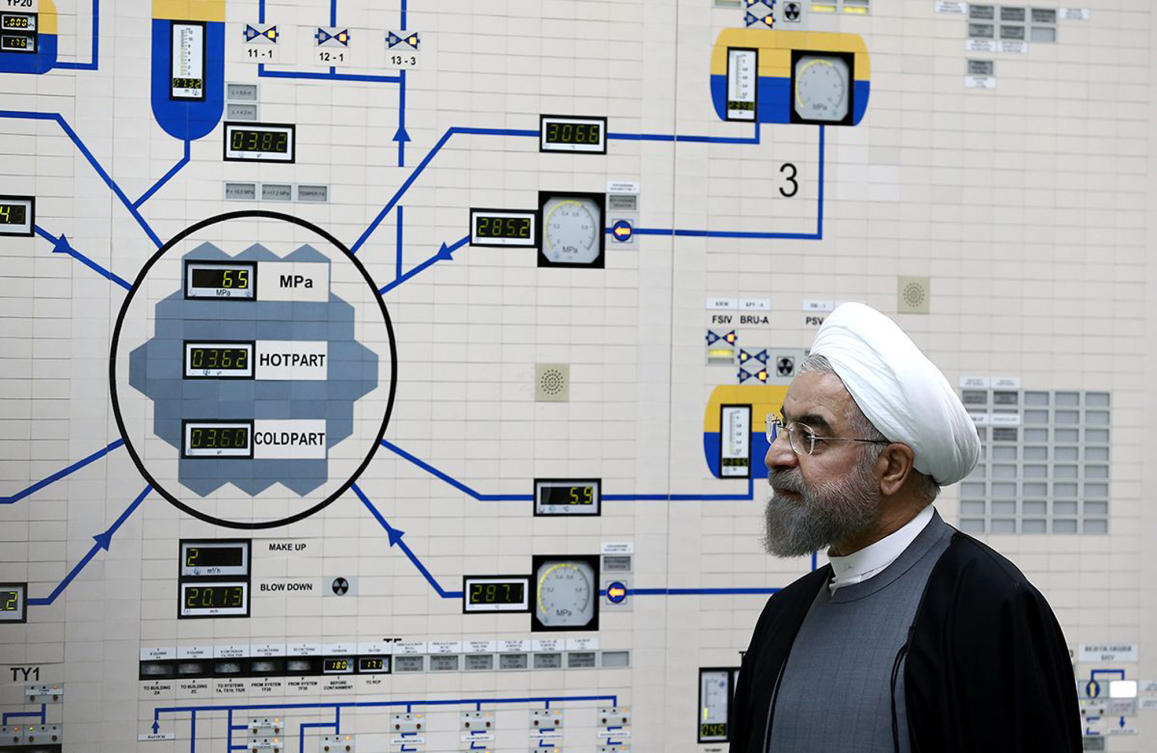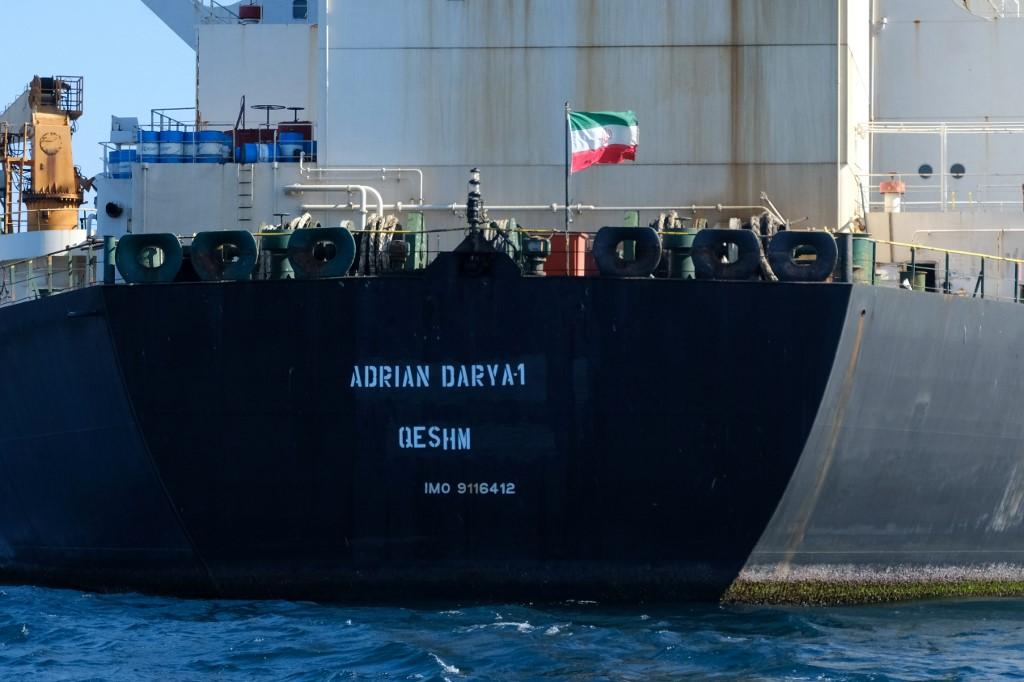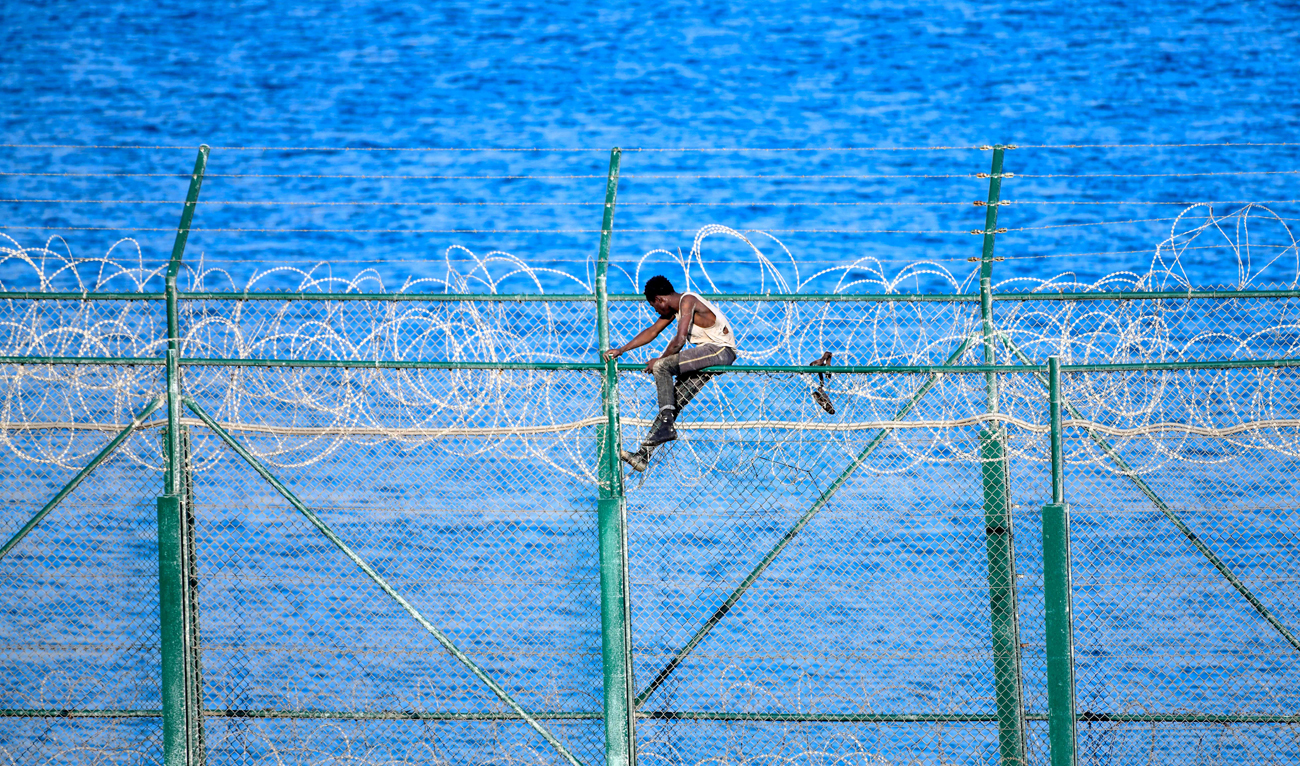Iran warns ‘not much time left’ to save nuclear deal
TEHRAN: Iran has begun injecting uranium gas into advanced centrifuges in violation of its 2015 nuclear deal with world powers, a spokesman said Saturday.
Behrouz Kamalvandi of the Atomic Energy Organization of Iran made the remarks in a news conference carried on live television. He spoke from a podium with advanced centrifuges standing next to him.
Iran already has breached the stockpile and enrichment level limits set by the deal, while stressing it could quickly revert back to the terms of the accord, if Europe delivers the sanctions relief promised in return for curbing Tehran’s nuclear program.
US Secretary of Defense Mark Esper in a joint press conference with his French counterpart, meanwhile said, “I am not surprised that Iran has announced a violation of the nuclear agreement again.”
“We seek to push Iran to respect the nuclear deal,” French defense minister Florence Parly said.
The U.S. and European moves to strengthen security in the Gulf must be “complementary and well coordinated”, she added.
France has ruled out joining a U.S.-led coalition of countries protecting oil tankers and cargo ships from threats posed by Iran in the Strait of Hormuz, but has pushed for a European alternative.
Kamalvandi warned that Europe had little time left to save the deal. President Donald Trump withdrew America from the accord over a year ago before imposing crippling trade sanctions on Iran.
“As far as the other side does not implement their commitments, they should not expect Iran to fulfill its commitments,” Kamalvandi said.
Kamalvandi said Iran had the ability to go beyond 20 percent enrichment of uranium. Analysts say 20 percent is just a short technical step away from 90 percent enrichment, which is weapons-grade level.
Kamalvandi warned several times in his comments that Iran was rapidly approaching a point that would mean a full withdrawal from the deal.
“Our stockpile is quickly increasing, we hope they will come to their senses,” he said.
However, he stressed that Iran would allow UN inspectors to continue to monitor sites in the country. A top official from the UN’s International Atomic Energy Agency was expected to meet with Iranian officials in Tehran on Sunday.
Tensions between Iran and the US have risen in recent months that have seen mysterious attacks on oil tankers near the Strait of Hormuz, Iran shooting down a US military surveillance drone and other incidents across the wider Middle East.

Bolton: No sanctions relief until Iran stops lying and spreading terrorUS says Iran nuclear commitment cuts ‘unacceptable’



